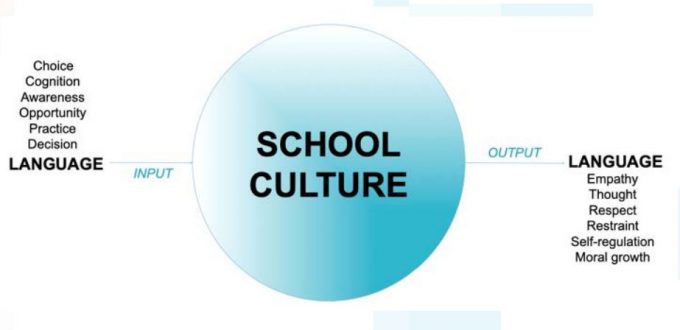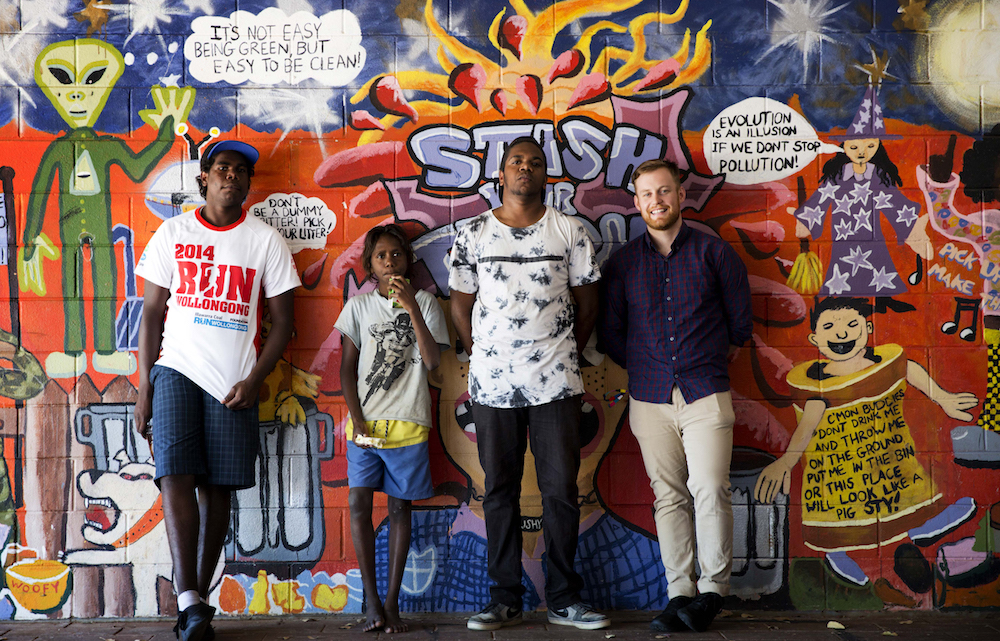
Teachers, parents and students are being encouraged to take part in a national survey to help shape the future of school education.
The survey is part of the Expert Panel Review into the next National School Reform Agreement. It aims to ensure those directly involved in the education system get a say in how it can be made better and fairer.
Read the latest edition of School News HERE
Federal Education Minister Jason Clare announced the survey on 24 May. “Australia has a good education system, but it can be a lot better and a lot fairer,” Mr Clare said.
“I want to hear what teachers, parents and students have to say. The views and experiences of teachers, parents and students are crucial to building a better and fairer education system.”
The Expert Panel, led by Dr Lisa O’Brien AM, will report to Education Ministers at the end of October on the practical reforms that should be tied to funding in the next National School Reform Agreement.
“In addition to the survey we will be consulting widely with stakeholders and we will be visiting schools across the country. We want to hear from everyone connected to Australia’s schools about what is working, what isn’t working, and what more is required to improve student learning and wellbeing outcomes,” Ms O’Brien said.
Survey participants can have their say on range of issues including:
- Improving education outcomes
- Supporting student health and wellbeing, and
- Supporting and retaining teachers.
The survey is available to complete here and will be open until Friday, June 23 2023.







